12 fascinating, mind-blowing facts about the Eurovision Song Contest you probably never knew
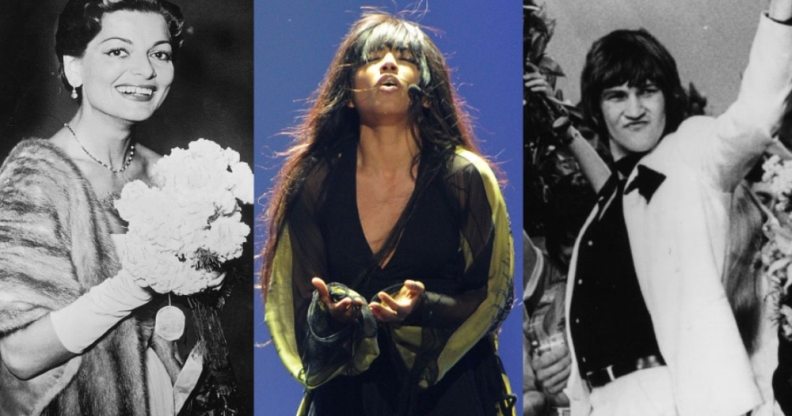
Switzerland’s Lys Assia, Sweden’s Loreen and Ireland’s Johnny Logan. (Getty)
It’s that time of year again – Eurovision is back, with some of the world’s finest preparing to take to the stage and deliver the dose of camp and extravagance we’ve all been craving.
Eurovision has become one of the biggest events in the television calendar, and with good reason. It’s a rare opportunity to explore music we might not ordinarily hear, but it’s also a whole lot of fun – Eurovision gives us just the right amount of drama to keep us coming back for more.
Fans tune in from all across Europe each year, but what they might not know is that what we see on our television screens today is far from what the contest originated as back in 1956.
Ahead of this year’s Eurovision, we bring you 12 of the most fascinating, jaw-dropping facts about the contest that’s had Europe in a chokehold for more than 60 years.
1. Just seven countries took part in the first ever Eurovision
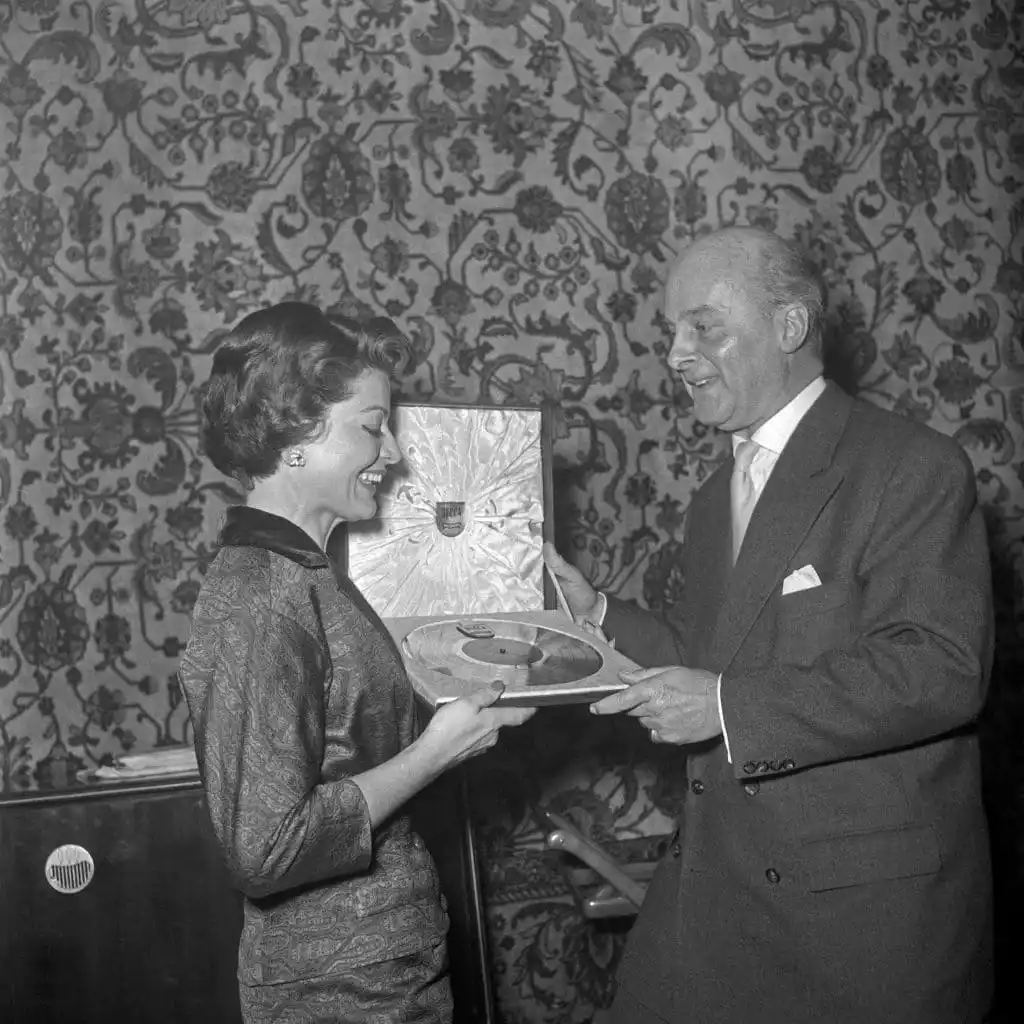
Lys Assia wins the first ever Eurovision Song Contest. (Siegfried Pilz/United Archives via Getty)
Hardcore Eurovision fans will know just how difficult it is to win the Eurovision Song Contest in 2022 – there are so many countries competing today that we need two semi-finals to whittle down the numbers.
It’s a far cry from the first ever Eurovision Song Contest back in 1956. The competition, which was the brainchild of European Broadcasting Union (EBU) director Marcel Bezencon, had just seven entries in its first year.
Those six countries were The Netherlands, Switzerland, Belgium, Germany, France, Luxembourg and Italy. The contest was held in Lugano, Switzerland, and was hosted by Lohengrin Filipello. To this day, he remains the only person to host the competition by himself.
Each country performed two songs, and Switzerland emerged victorious with the song “Refrain” by Lys Assia.
2. Eurovision was initially envisioned as a way to unite Europe after the Second World War
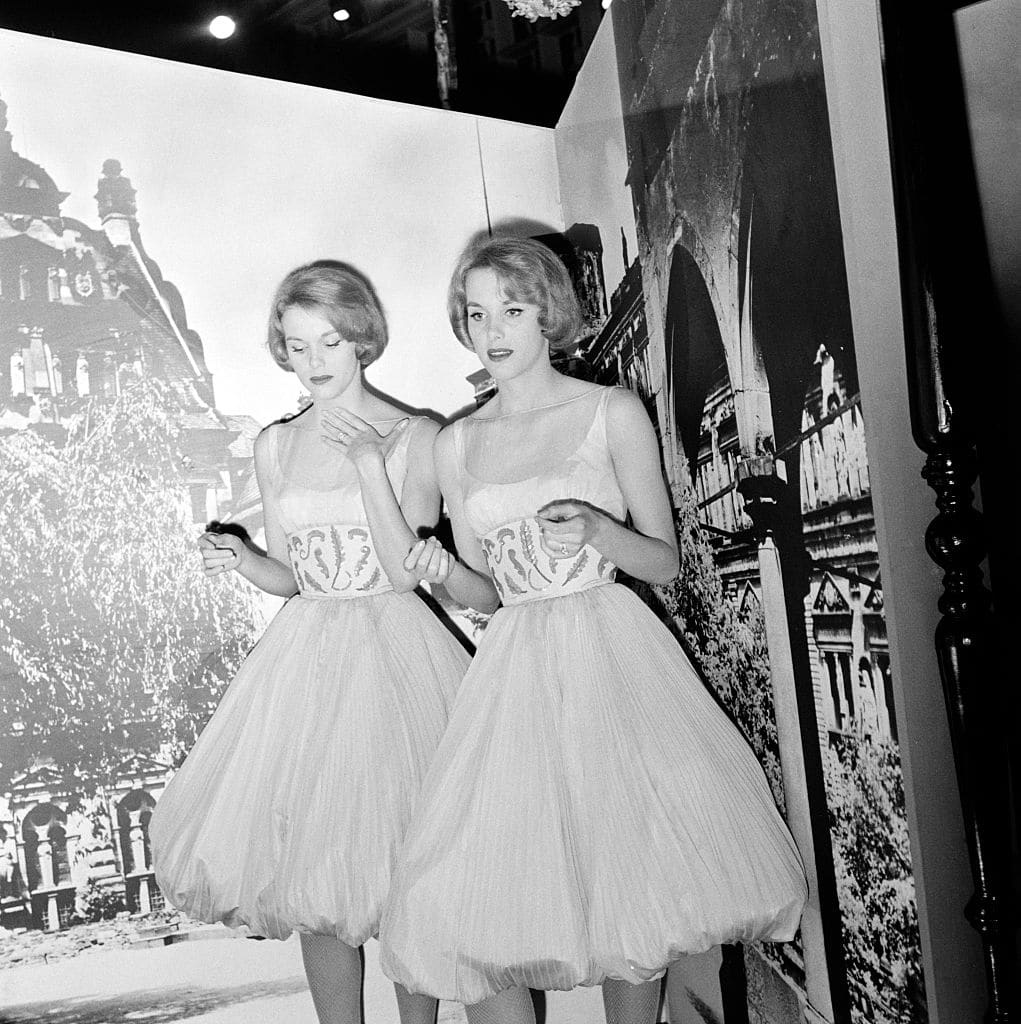
The sisters Kessler in the 4th Eurovision song contest. (Gerard Landau/INA via Getty)
Bezencon and Sergio Pugliese developed the idea of Eurovision in an effort to unite European countries through television broadcasts that would be beamed into people’s homes across the continent.
The Second World War had ended a decade before, and European unity was increasingly becoming a focus. Eurovision was a chance to bring people together, but it also allowed organisers to put international broadcast technology to the test.
3. Ireland still holds the record for the most Eurovision wins
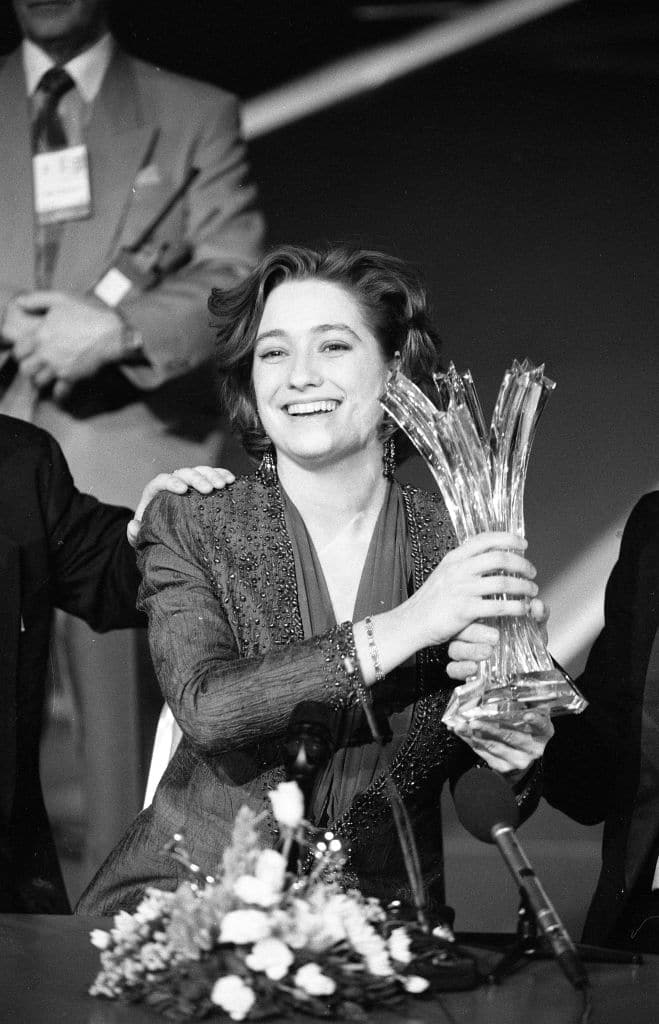
Irish Contestant and Winner of the Eurovision Song Contest Niamh Kavanagh, Cork, 15/05/1993. (Independent News and Media/Getty)
Ireland last won the Eurovision Song Contest in 1997, but it still holds the record as the country that’s won the competition the most times.
Since making its Eurovision debut in 1965, Ireland has won a grand total of seven times. It also holds a unique record for being the only country to win three years in a row – its entries took home the trophy in 1993, 1994 and 1995. Ireland briefly took a break from its string of victories in 1996, but managed to win again in 1997.
However, Ireland’s record could be in jeopardy – Sweden has won six times, and they’re notoriously good at cracking the code for Eurovision success.
4. ABBA is one of Eurovision’s biggest successes, but not every country was a fan
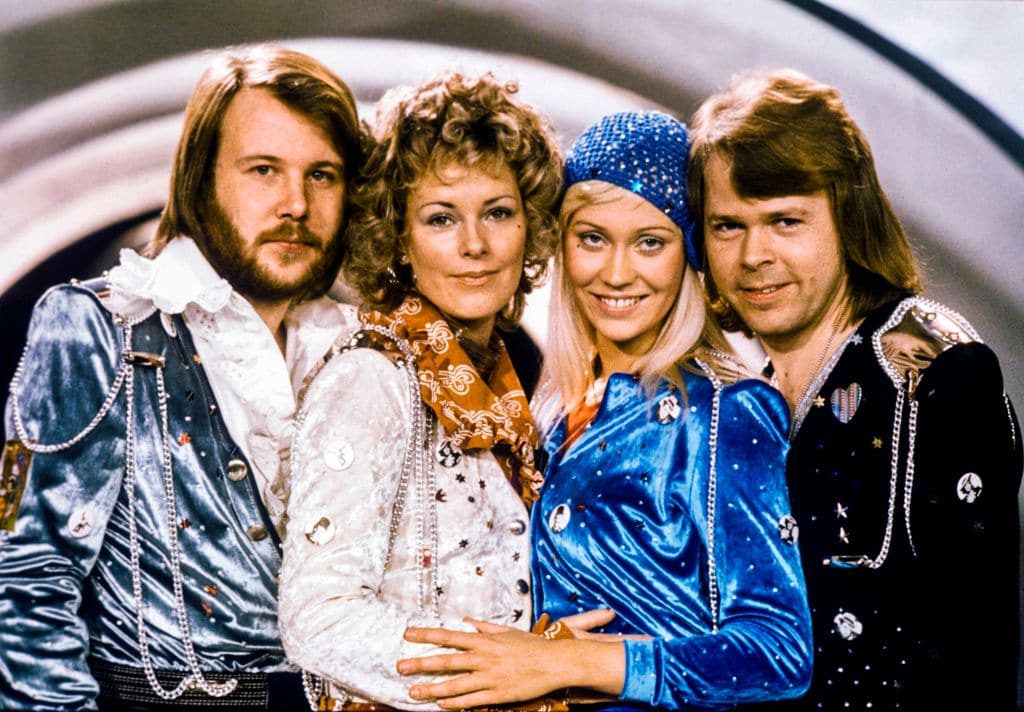
ABBA picture after their Eurovision win. (OLLE LINDEBORG/AFP via Getty)
ABBA remains one of the most famous acts to ever win Eurovision – they stormed to victory with “Waterloo” back in 1974.
The song didn’t go down well with every country. In the 1970s, voting was still controlled entirely by juries – there was no public voting component – which perhaps helps explain why the UK gave ABBA no points.
No, we’re not exaggerating – the UK awarded ABBA not a single point for “Waterloo”. It’s particularly perplexing given just how successful ABBA would go on to become in the UK.
5. Four countries were named Eurovision winner in 1969
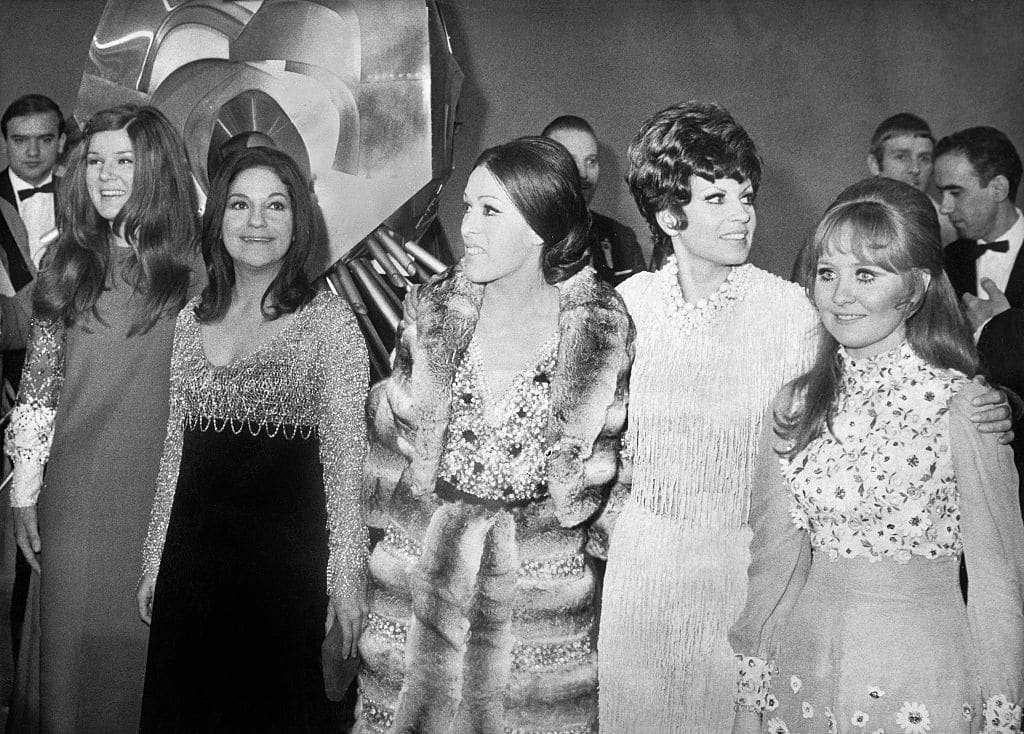
The four winners of the Eurovision Song Contest in 1969 with the winner of the previous year Massiel (Spain). (Hans J. Hoffmann/ullstein bild via Getty)
The 1969 Eurovision Song Contest was a perplexing affair, with the UK, Spain, France and the Netherlands all finishing with the same number of points.
Instead of putting it to another vote, all four countries were named joint winners.
We imagine fans would kick up a storm if something similar were to happen today.
6. Norway has finished bottom of the scoreboard 11 times
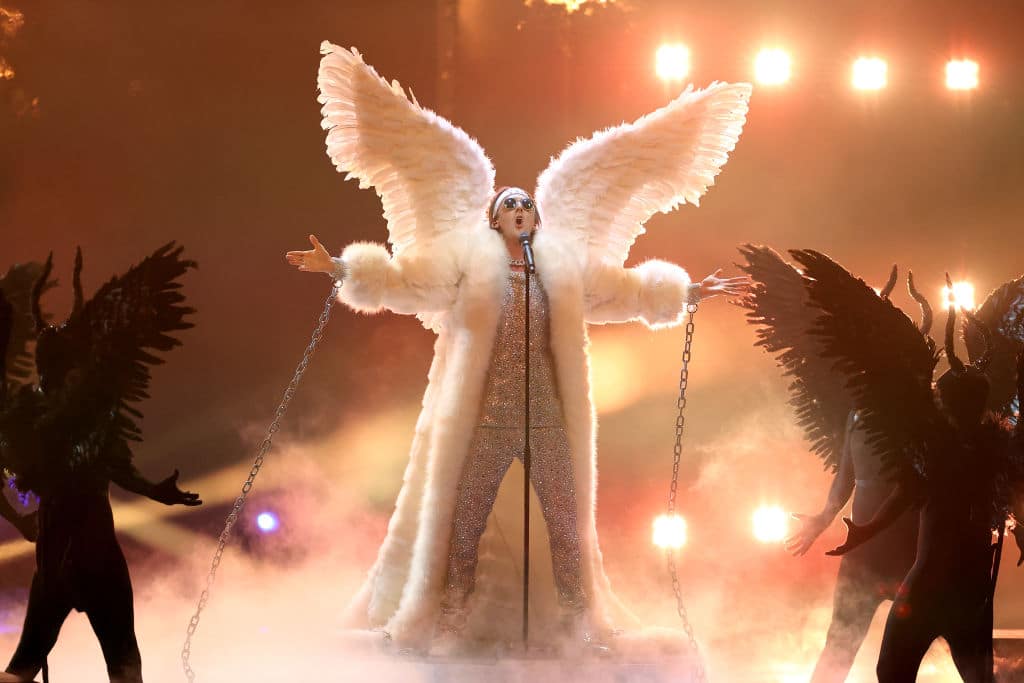
Andreas Haukeland ‘TIX’ of Norway during the 65th Eurovision Song Contest grand final. (Dean Mouhtaropoulos/Getty)
There’s often one country that manages to finish with nil points in the Eurovision Song Contest – it’s become its own badge of honour or shame, depending on your perspective on the competition.
Norway is one of the countries that has fared consistently badly over the years – they’ve finished in last place 11 times.
That’s not to say Norway’s performance has been all bad – the last time they finished in last place was 2001, and they’ve won three times.
7. Ireland’s Johnny Logan has won the Eurovision Song Contest a whopping three times
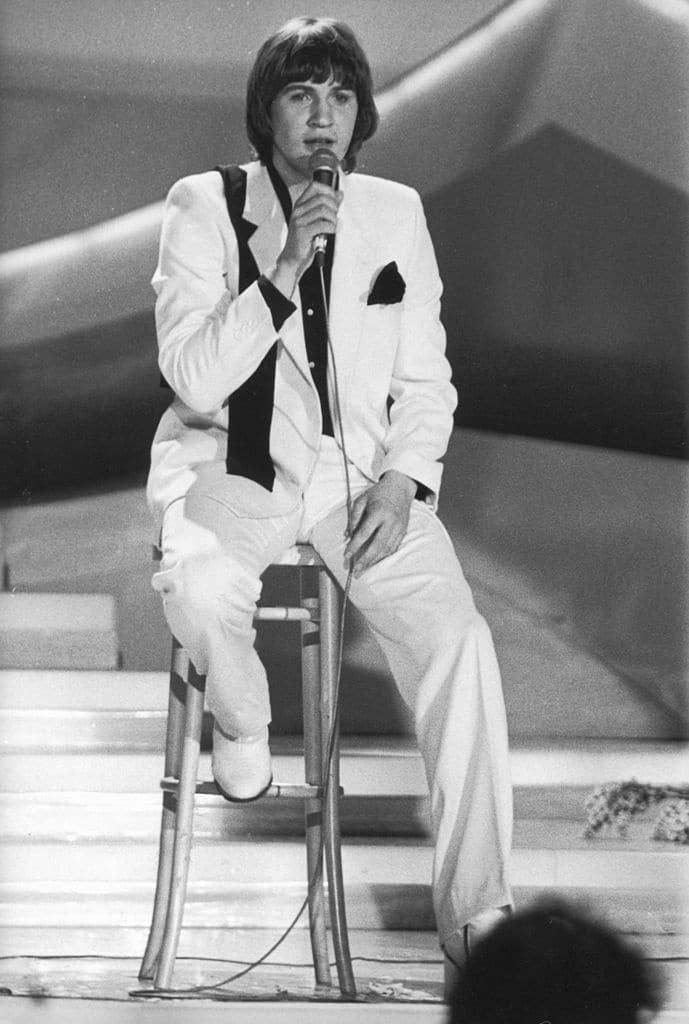
Ireland’s Johnny Logan winning the Eurovision Song Contest in The Hague, 19th April 1980. (Keystone/Hulton Archive/Getty)
Winning Eurovision once is a feat, but winning thee times is something else entirely.
Several of Ireland’s long string of Eurovision victories can actually be attributed to Johnny Logan, who performed for the country and won in both 1980 and 1987.
He later penned Linda Martin’s winning entry “Why Me”, bringing his total score card up to three.
8. San Marino’s Valentina Monetta has competed at Eurovision four times
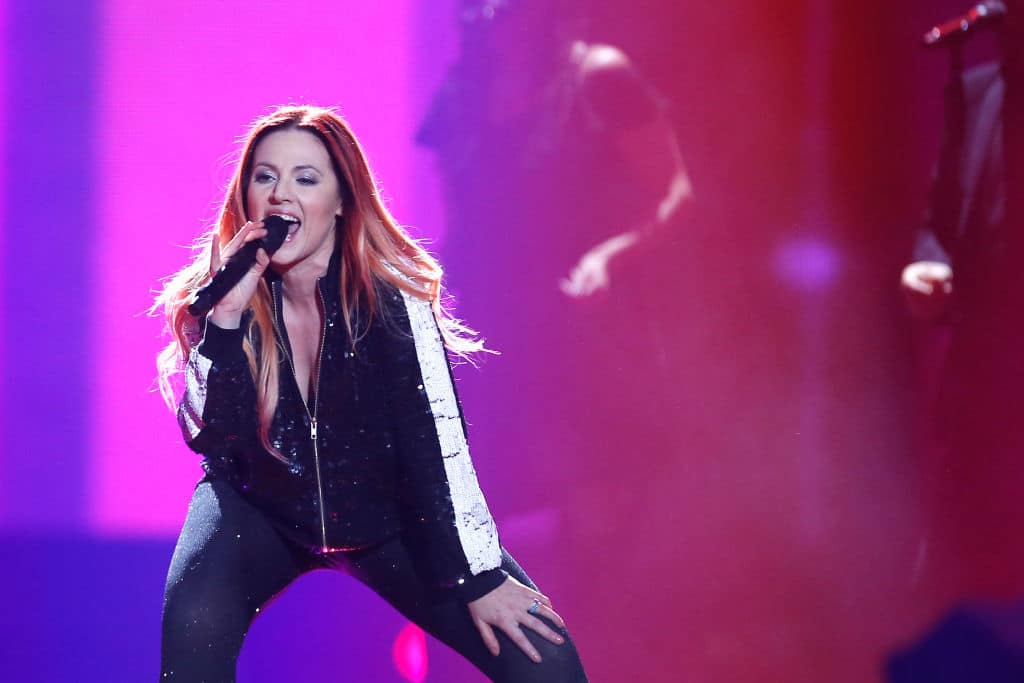
Valentina Monetta representing San Marino performs the song ‘Spirit of the Night’ during the second semi final of the 62nd Eurovision Song Contest. (Michael Campanella/Getty)
There’s dedication, and then there’s San Marino’s Valentina Monetta, who has turned competing at Eurovision into an art form of its own.
The singer represented San Marino in 2012, 2013, 2014, and then took part for a fourth time in 2017. If she had her way, she would have competed in 2008 too – she submitted a song for the country’s national selection that year, but wasn’t picked as their representative.
9. Loreen’s ‘Euphoria’ set a record with its score
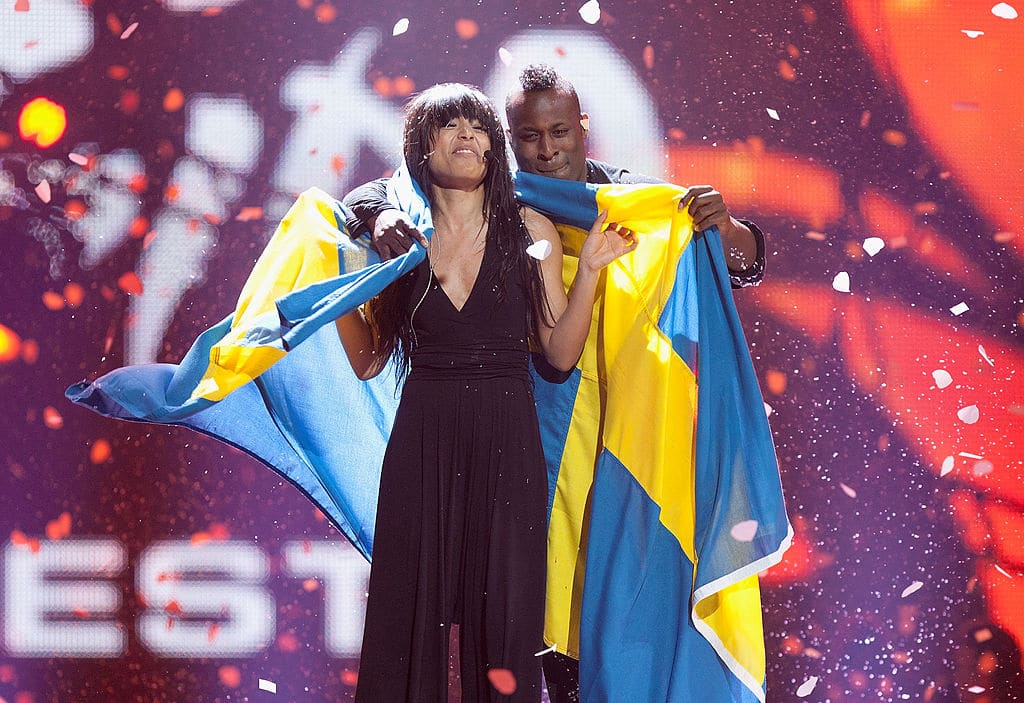
Loreen of Sweden wins the grand final of the Eurovision Song Contest 2012. (Pablo Blazquez Dominguez/Getty)
Sweden set the bar high in 2012 when it sent Loreen with the eurpop banger “Euphoria”. The track is one of the most successful in recent Eurovision history, and it’s still widely beloved by Eurovision fans today.
Notably, the song managed to set a record – a whopping 18 countries gave it the highest score of 12 points, showing just how much Europe was vibing to Loreen’s style.
10. Eurovision was cancelled for the first time ever in 2020
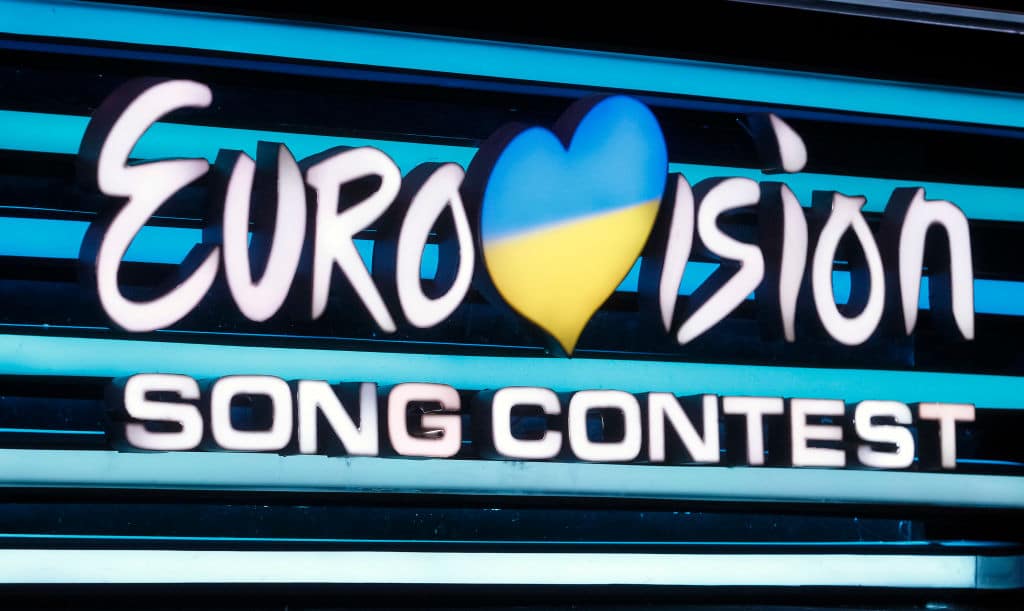
Eurovision Song Contest logo. (Getty)
Eurovision fans will remember with sadness the utterly crushing moment news broke that the Eurovision Song Contest had been cancelled in 2020.
Organisers were left with little choice as the coronavirus pandemic continued to wreak havoc, causing death and destruction across the world.
What people might not know is that the 2020 Eurovision remains the only time the contest has ever been cancelled in its entire history.
11. Germany’s Ralph Siegel holds the record for writing the most Eurovision entries
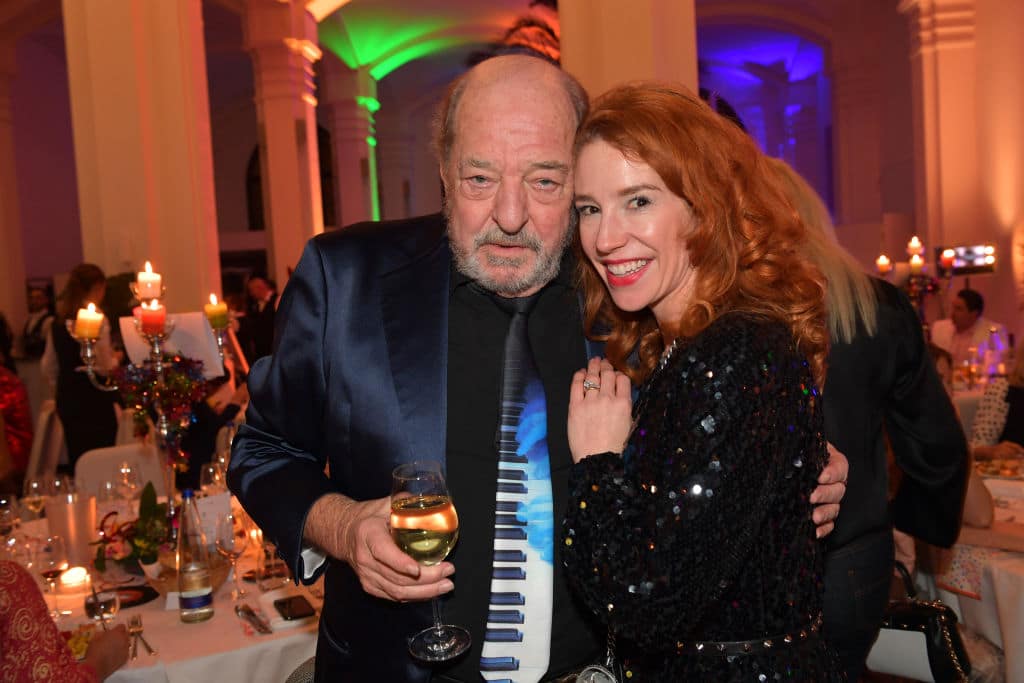
Ralph Siegel and his wife Laura Siegel. (Hannes Magerstaedt/Getty)
You might think you’re a Eurovision fanatic, but few can say they’re quite as into the contest as German record producer and songwriter Ralph Siegel.
Over the course of the competition’s history, Siegel has contributed a whopping 24 songs to the Eurovision Song Contest. His song “Sin bisschen Frieden” won the contest in 1982, making it Germany’s first ever win.
12. A live orchestra used to be a prominent part of the Eurovision Song Contest
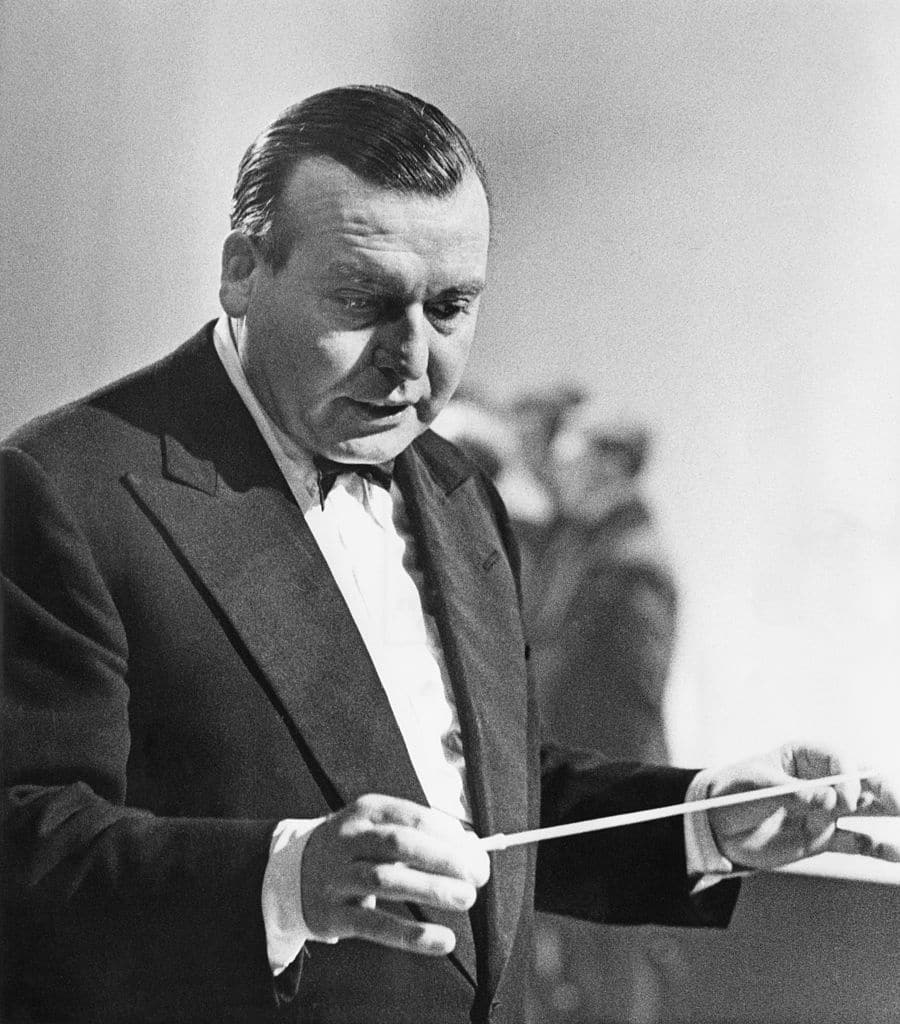
English conductor Eric Robinson conducted and presented at the BBC, and was musical director of the Eurovision Song Contest in 1960 and 1963. (Erich Auerbach/Hulton Archive/Getty)
Those who can remember watching Eurovision in the 1990s might remember the presence of an orchestra. A live orchestra was a big part of the Eurovision experience until the late ’90s, when a rule change meant that all instrumental music could be pre-recorded – although the host country was still obliged to provide an orchestra.
In 1999, the EBU changed the rules again to state that the orchestra was optional. Those changes paved the way for many of the synth-pop songs we all know and love today at the contest.

